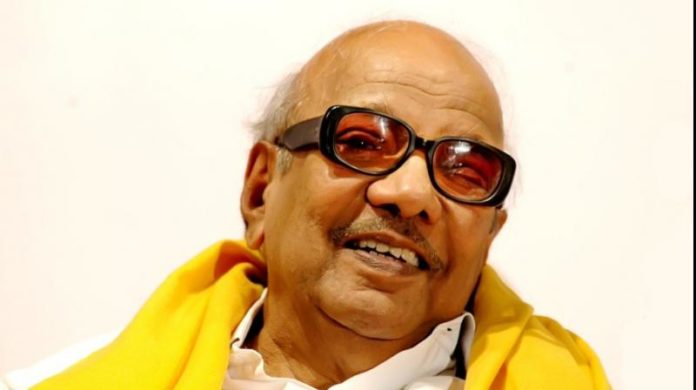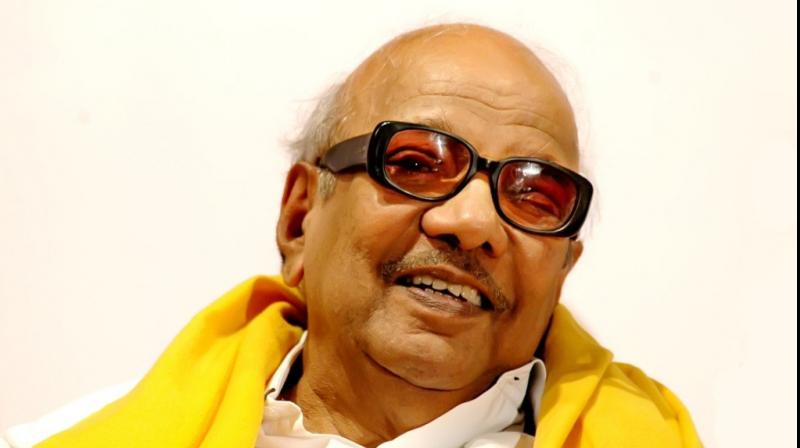The Daily Briefs are a comprehensive update of current affairs for the day. If you’d like to receive updates for current affairs every day, you’ll need to subscribe by entering your email address at the right side of this page. The previous Briefs can be accessed at the archives here.
- Union Ministry of Road Transport & Highway (MoRTH) launched two IT initiative Bidder Information Management System (BIMS) and Bhoomi Rashi and PFMS linkage aimed at expediting pre-construction processes relating to bidding and land acquisition respectively. BIMS portal aims at streamlining process of pre-qualification of bidders for EPC Mode of contracts for National Highway works with enhanced transparency and objectivity. The Bhoomi Rashi portal has been integrated with Public Financial Management System (PFMS) to facilitate payment related to compensation for land acquisition to all beneficiaries directly through Bhoomi Rashi system.
- China successfully tested its first cutting-edge hypersonic “waverider” flight vehicle (aircraft) Xingkong-2 (Starry Sky-2). Waverider is flight vehicle that flies in atmosphere and uses shockwaves generated by its own hypersonic flight with air to glide at high speed. Currently, United States and Russia have been carrying out similar experiments. The hypersonic waverider flight vehicle was designed by state-run China Academy of Aerospace Aerodynamics (CAAA) in collaboration with China Aerospace Science and Technology Corporation.
- Parliament has passed Criminal Law (Amendment) Bill, 2018 prescribing death penalty to those convicted of raping girls below age of 12 years and making law against such sexual offences more stringent. The Bill replaces the Criminal Law (Amendment) Ordinance promulgated on April 2018. The Bill amends Indian Penal Code (IPC), Criminal Procedure Code, Protection of Children from Sexual Offences (POCSO) Act and Indian Evidence Act. It provides for stringent punishment of jail term of minimum 20 years or life imprisonment or death for rape of girl less than 12 years. Four states- Madhya Pradesh, Rajasthan, Haryana and Arunachal Pradesh-already have brought in law after passing it through their respective assemblies for capital punishment to those who rape girls below 12 years.
- Parliament has passed Constitution (One Hundred and Twenty-Third Amendment) Bill, 2017 that seeks to provide constitutional status to the National Commission for Backward Classes (NCBC). Now, the bill will be sent to President for his assent (as per 368 of Constitution). Parliament also passed separate bill to repeal National Commission for Backward Classes Act, 1993 as it will become irrelevant once Constitution (123rd Amendment) Bill comes into force. The bill provides duties of NCBC to investigate and monitor safeguards provided to socially and educationally backward classes under constitution.
- Lok Sabha has passed Scheduled Castes and Scheduled Tribes (Prevention of Atrocities) Amendment Bill, 2018 to reverse effects of Supreme Court order concerning certain safeguards against arrests under SC/ST law. The Bill seeks to amend the Scheduled Castes and the Scheduled Tribes (Prevention of Atrocities) Act, 1989. Scheduled Castes and Scheduled Tribes (Prevention of Atrocities) Act, 1989 protects marginalised communities against discrimination and atrocities. The Act states that persons accused of committing offence under Act cannot apply for anticipatory bail. It also clarifies that this provision will apply despite any judgments or orders of any court that provide otherwise, thus overturning SC judgment given in April 2018.
- Startup India launched Startup Academia Alliance programme to fulfill Government’s mission to promote spirit of entrepreneurship in the country. It is unique programme to foster mentorship opportunity between academic scholars and startups working in similar domains. The programme aims to reduce gap between scientific research and its industrial applications in order to increase efficiency of these technologies and widen their impact. Startup India campaign was first announced by Indian Prime Minister Narendra Modi during his 15 August 2015.
- DMK patriarch Muthuvel Karunanidhi, the former Chief Minister of Tamil Nadu, passed away on August 7, 2018. He was known as a strong Indian politician who dominated Tamil Nadu’s politics for six decades along with arch-rivals MG Ramachandran and Late J Jayalalithaa. Karunanidhi served as the Chief Minister of Tamil Nadu for five separate terms during the 1969–2011. He was the first president of the DMK. In 1967, the Karunanidhi’s DMK became the first non-Congress party to win state elections. He was the one who secured the right for Chief Ministers to hoist the national flag on the Independence Day. It was he who created a separate invocation song for the State ‘Tamil Thai Vaazthu’ by adopting Manonmaniam Sundaranar’s poem Neerarum Kadalodutha.
- The Union Government on August 6, 2018 constituted a four-member Group of Ministers (GoM) headed by the Union Minister of Commerce and Industry Suresh Prabhu to advise Prime Minister Narendra Modi on whether to continue with or withdraw from the 16-member Regional Comprehensive Economic Partnership (RCEP) negotiations. The GoM also includes Finance and Power Minister Piyush Goyal, Defence Minister Nirmala Sitharaman and Housing and Urban Affairs Minister Hardeep Puri. The first meeting of the GoM will be held on August 10, 2018 and will be attended by the Cabinet Secretary besides secretaries of all other concerned departments. The Regional Comprehensive Economic Partnership (RCEP) is a proposed free trade agreement between 16 member countries.
- The Union Ministry of Water Resources, the NABARD and the National Water Development Agency (NWDA) on August 6, 2018 signed a revised Memorandum of Agreement (MoA) for funding of central share of 99 prioritised irrigation projects under Pradhan Mantri Krishi Sinchayee Yojana (PMKSY). The funding will be done through the Long Term Irrigation Fund (LTIF). The revised MoA will enable the Ministry of Water Resources to release Central Assistance to prioritised projects under PMKSY as per the requirements from time to time. The Prime Minister Krishi Sinchayee Yojana was approved by the Union Cabinet in July 2015 with an outlay of Rs 50000 crore with implementation period of over five-year till April 2020.
Check out the CLATGyan Test Series 2019 : 30 Simulated Online Tests + Personal Mentor | Run entirely by the students of NALSAR University of Law
Today’s Quiz

















Thankyou sooooo muchhhhh